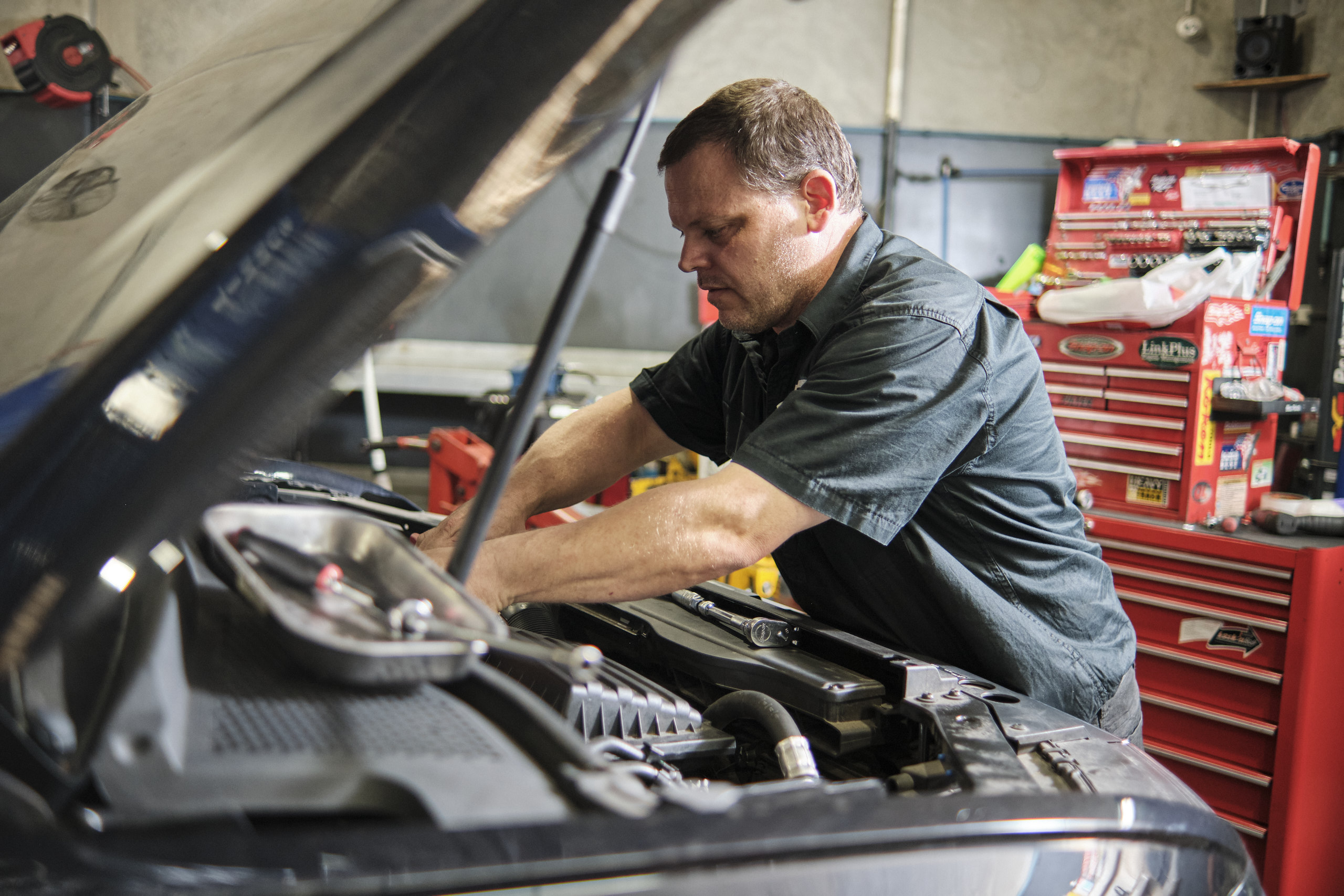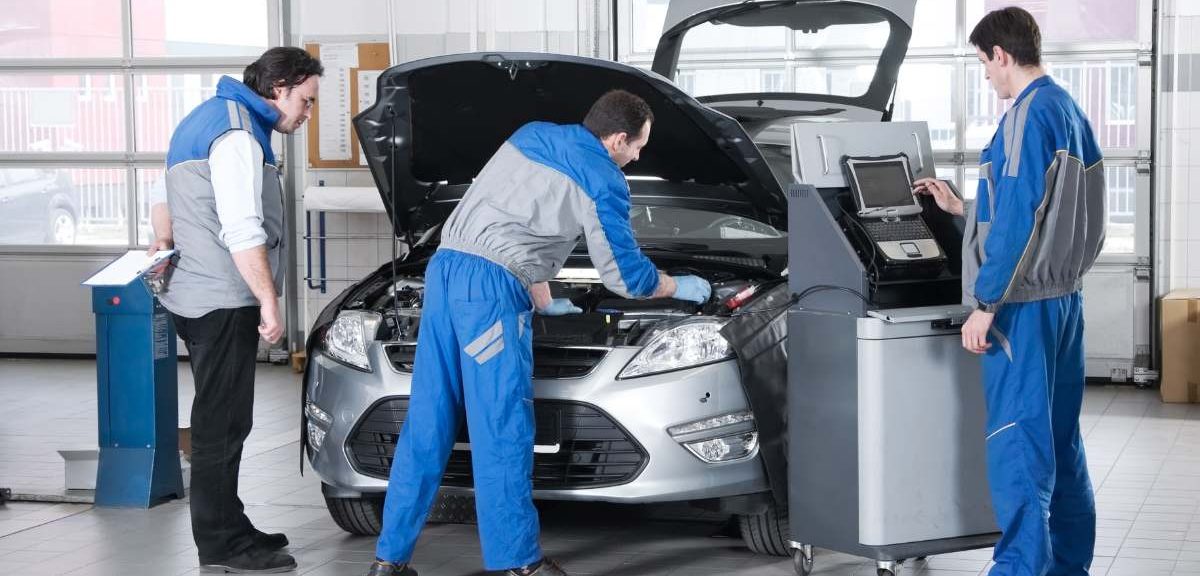The right-to-repair movement has gained momentum in recent years, advocating for consumers’ ability to fix and modify their own devices and vehicles. This movement challenges the practices of many manufacturers, including car companies, who often restrict access to repair information, tools, and parts. Proponents argue that consumers should have the autonomy to repair their cars, potentially saving money and reducing electronic waste.
They also claim that the current restrictions are a tactic to drive consumers towards costly dealership repairs and new vehicle purchases. On the other hand, car companies and opponents of the right-to-repair movement raise concerns about safety, security, and intellectual property.

They argue that modern vehicles are complex machines with advanced technologies that require specialized knowledge and equipment to repair safely. Allowing untrained individuals to access repair information and parts could lead to improper fixes, compromising vehicle performance and safety. Moreover, they emphasize that protecting proprietary technology and software is crucial for maintaining a competitive edge.
In this article, we will explore both sides of the right-to-repair debate in the automotive industry. First, we will examine the benefits of granting consumers more control over car repairs and the potential positive impacts on costs and sustainability.
Then, we will look into the challenges and concerns posed by car companies, considering the implications for safety, security, and intellectual property. Through this balanced analysis, we aim to provide a comprehensive understanding of the right-to-repair movement and its implications for car companies and consumers alike.
The Case for Granting Consumers More Control Over Car Repairs
Granting consumers more control over car repairs can offer numerous benefits, both economically and environmentally. One of the primary advantages is the potential for cost savings. When car owners can repair their vehicles or choose independent mechanics, they can significantly reduce repair costs. Dealership repairs are often more expensive due to higher labor rates and markup on parts. By providing access to repair information, tools, and parts, consumers can seek more affordable repair options, ultimately saving money.
Another significant benefit is the reduction of electronic waste. Modern vehicles are complex machines with numerous electronic components and systems that can be costly to replace. When consumers are unable to repair their vehicles, they are more likely to dispose of them prematurely, contributing to the growing problem of electronic waste. The right-to-repair movement advocates for extending the lifespan of vehicles through repairs, which can help mitigate the environmental impact associated with manufacturing and disposing of vehicles.

Empowering consumers to repair their vehicles also fosters innovation and skill development. When individuals have access to repair information and resources, they can learn new skills and develop a deeper understanding of how their vehicles work. This knowledge can lead to more creative and innovative solutions for maintaining and enhancing vehicle performance. Additionally, a robust independent repair market can create job opportunities and support small businesses, contributing to economic growth and diversification.
The right-to-repair movement aligns with principles of consumer rights and autonomy. Consumers should have the freedom to make decisions about their own property, including the ability to repair and modify their vehicles as they see fit. This autonomy can lead to a more empowered and informed consumer base, capable of making better choices about vehicle maintenance and repair.
Furthermore, increased competition in the repair market can drive improvements in service quality and customer satisfaction. When consumers have more options for repairs, service providers must compete based on the quality and affordability of their offerings. This competition can lead to higher standards and better outcomes for consumers.
Granting consumers more control over car repairs can lead to cost savings, reduced electronic waste, skill development, innovation, and enhanced consumer rights. By providing access to repair information, tools, and parts, the right-to-repair movement promotes a more sustainable, competitive, and consumer-friendly automotive industry.
Challenges and Concerns Posed by Car Companies
While the right-to-repair movement presents compelling arguments for consumer empowerment, car companies and opponents raise several challenges and concerns. One of the primary issues is safety. Modern vehicles are equipped with advanced technologies and complex systems that require specialized knowledge and equipment to repair safely. Allowing untrained individuals to access repair information and parts could lead to improper fixes, potentially compromising vehicle performance and safety. For example, incorrect repairs to critical systems such as brakes, airbags, or electronic stability control could result in accidents and endanger lives.
Security is another significant concern for car manufacturers. Modern vehicles are increasingly connected and rely on software and data to operate efficiently. Unauthorized access to repair information and software could lead to cybersecurity vulnerabilities. Hackers could exploit these vulnerabilities to gain control of vehicle systems, posing risks to both individual safety and public security. Protecting proprietary technology and software is essential for maintaining the integrity and security of modern vehicles.
Intellectual property (IP) protection is also a critical issue for car companies. Manufacturers invest substantial resources in research and development to create innovative technologies and features that differentiate their vehicles in the market. Allowing unrestricted access to repair information and parts could undermine IP protections and expose proprietary technologies to competitors. This could reduce the incentive for companies to invest in innovations, ultimately slowing technological advancement in the automotive industry.

Moreover, car companies argue that maintaining control over repairs ensures consistent quality and reliability. Dealerships and authorized repair centers have access to the latest technical updates, training, and genuine parts, ensuring that repairs are performed to the highest standards. Independent repair shops or consumers may not have the same level of expertise or access to authentic components, potentially leading to subpar repairs and increased warranty claims.
The complexity of modern vehicles also means that repairs often require specialized diagnostic tools and equipment. Car manufacturers argue that providing these tools to the general public or independent repair shops may not be feasible or practical. The investment required to develop, distribute, and maintain these tools could be substantial, and ensuring their proper use would be challenging.
While the right-to-repair movement advocates for consumer empowerment and sustainability, it is essential to consider the challenges and concerns raised by car companies. Safety, security, intellectual property protection, and the complexity of modern vehicles are significant factors that must be addressed to ensure that the benefits of right-to-repair do not come at the expense of safety and innovation. Balancing consumer rights with the legitimate interests of car manufacturers will be crucial in the future of the automotive repair industry.

